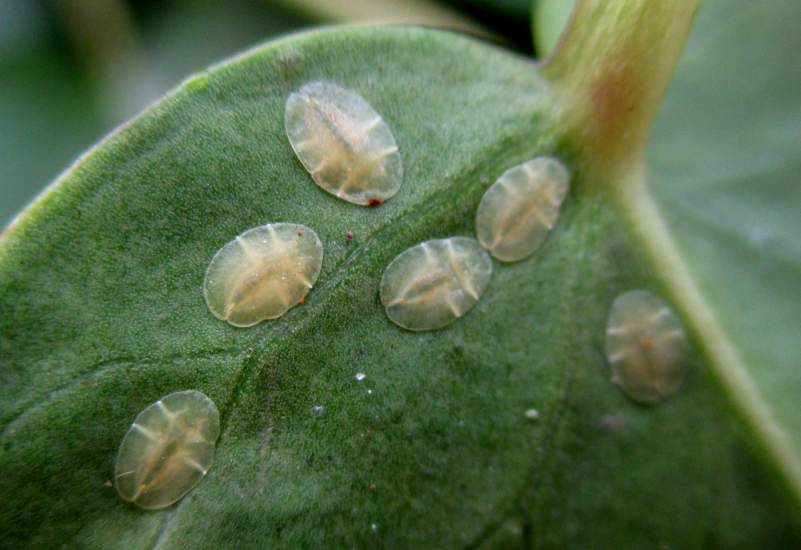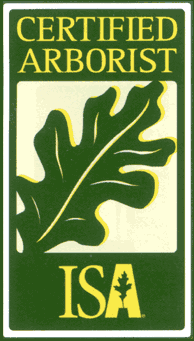Soft Scales: A Common Pest in Alabama Trees and Shrubs
Many landscape trees and shrubs in Alabama, particularly in the Birmingham and Huntsville regions, are susceptible to soft scale insects.
Trees and Shrubs at Risk
Soft scale insects can affect a wide variety of common landscape trees and shrubs, including but not limited to: maples, serviceberry, camellia, hawthorn, red bud, yellowwood, dogwoods, cotoneaster, euonymus, ash, locust, holly, privet, magnolia, crabapples, plum, pyracantha, pears, willow, styrax, lindens, elms, zelkova, azalea, rhododendron, and others.
Common Soft Scales in Alabama
Some of the most common soft scales in our region include cottony camellia scale on camellias (found on the underside of leaves) and other varieties that affect various host plants.
Signs and Symptoms
The symptoms of soft scale infestations can vary widely depending on the type of scale and the host plant. One of the most common and alarming signs of soft scales in the landscape is the presence of sooty mold on trees and shrubs. Other signs and symptoms range from discoloration of foliage on camellia and holly due to wax or cottony camellia scale, to premature leaf drop, stunting, and limb dieback on maple or magnolia caused by severe infestations of magnolia scale and cottony maple scale.
Treatment Strategy
Soft scale can be challenging to manage after populations are established, and control may not always be achieved quickly. Some infestations may take two to three seasons or more to get under control. Early detection is crucial for the best management of infested trees.
Monitor three to four-year-old twigs for the white and gray protective covers of these scale insects. Heavily infested branches should be pruned and destroyed. Treatment strategies and timing vary slightly depending on the type of scale targeted. The most effective treatment strategies include a three-part treatment schedule:
Systemic application in mid to late spring to target the early crawler stages.
An application of an insect growth regulator and a horticultural oil mixture in the early to mid-summer.
A winter dormant oil application should be applied during the winter dormant season.
Whenever possible, beneficial insect releases will be made to help reduce reliance on pesticides and control the pests naturally. Please note that even after control is achieved, scale insect bodies can remain on their host for several more seasons.
Ace Tree Services is committed to helping Alabama residents in the Birmingham and Huntsville areas protect their trees and shrubs from soft scale infestations. By providing expert advice and effective treatment solutions, we aim to maintain the health and beauty of your landscape. Call an ISA certified arborist from Ace Tree Service at (205) 332-7757!




